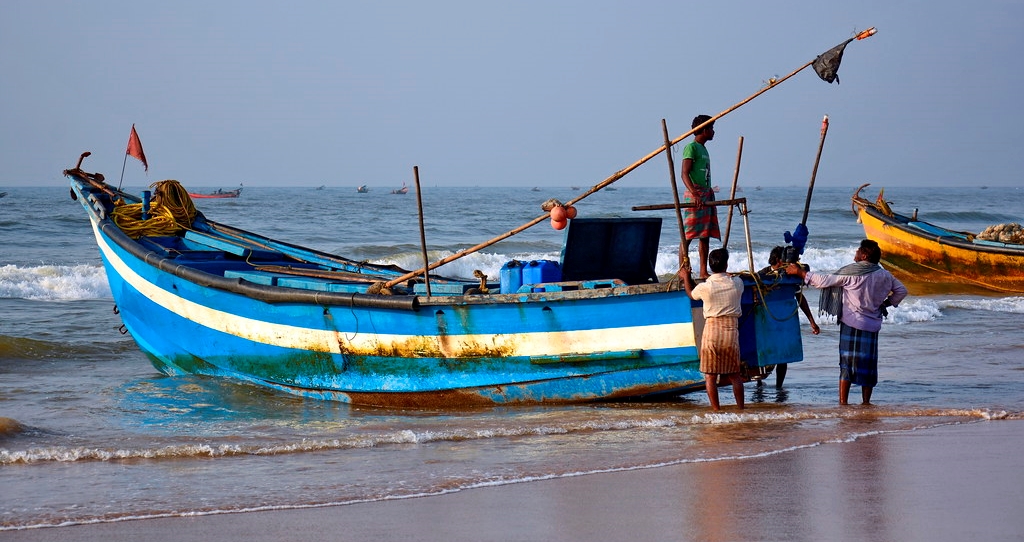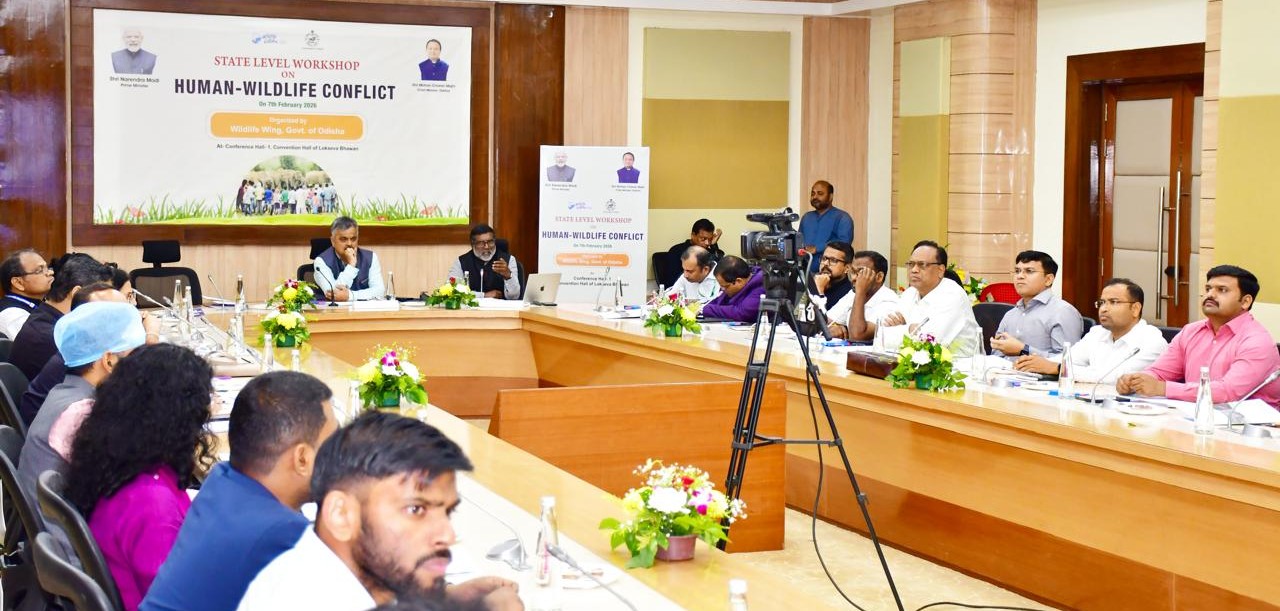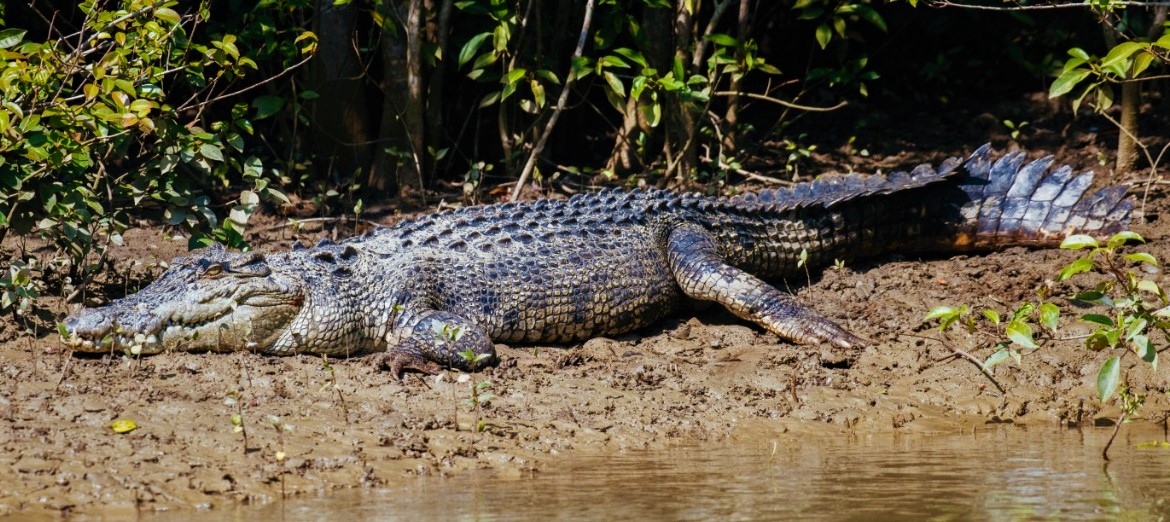Kochi: In a crucial step towards combating the impact of climate change on fisheries, India presented a proposal on Saturday for a substantial reduction of carbon footprint as a key measure to promote climate-resilient fisheries.
The first session of the sub-committee on Fisheries Management, organized under the Committee on Fisheries (COFI) of the Food and Agriculture Organisation of the United Nations (FAO), took place in Kochi on Saturday. Representing India at the global forum was the ICAR-Central Marine Fisheries Research Institute (CMFRI), with the delegation led by J Balaji, former Joint Secretary, Department of Fisheries, Ministry of Fisheries, Animal Husbandry & Dairying.
The virtual meeting, hosted by FAO, saw the participation of members of the FAO Committee on Fisheries (COFI), representatives from three specialised United Nations agencies, observers from other FAO member nations, and representatives from intergovernmental and international non-governmental organizations.
J Jayasankar, Head of Fishery Resources Assessment, Economics and Extension Division of CMFRI, shared insights into India’s commitment to reducing carbon emissions in the fisheries sector. “CO2 emission per kg of fish caught in India’s marine fisheries is 17.7 per cent less than the global average, according to a recent study,” he stated. Highlighting India’s position on climate change impact by 2050, he added, “In terms of climate change, India falls in the medium to high category.”
Mr. Jayasankar emphasized the importance of harnessing the carbon sequestration potential of seaweeds to mitigate climate change impacts. “Enhancing natural habitats for improving seaweed resources, expanding seaweed culture systems, and enhancing mangrove ecosystems may help pave the way for better carbon sequestration,” he suggested.
India proposed that FAO consider scheduling capacity-building exercises in mitigating emissions of greenhouse gases in capture fisheries and aquaculture, spatial planning, cross-sectoral planning, adaptive fisheries management, strengthening resilience, safety at sea, ecosystem rehabilitation, and building robust farming structures.
Additionally, India called on member countries to share scalable and reproducible solutions, urging FAO to document these solutions for the collective benefit of the international community. The proposal signifies India’s commitment to sustainable and climate-resilient fisheries practices in the face of global climate challenges.





